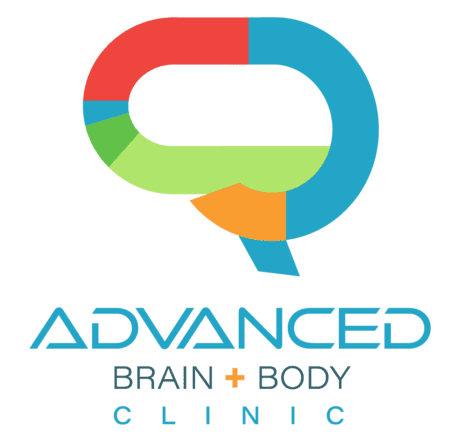TMS Treatment for Depression Now More Accessible – Minneapolis, MN
Medicare recently updated its coverage of transcranial magnetic stimulation (TMS) therapy for depression. Due to the impressive success rate of TMS, its non-invasive nature, and minimal side effects, Medicare now only requires patients to try and fail one antidepressant medication before they will cover TMS therapy for depression.
Previously, Medicare – like most other insurances – did not cover TMS treatments until a patient tried and failed 4 or more antidepressant medications. This will greatly expedite the process to help numerous patients get the relief they need, fast.
We are hopeful that other insurance companies will follow Medicare’s lead to make this non-medication treatment for depression affordable for all.
What is TMS?
TMS is a non-invasive procedure for depression that uses magnetic pulses to stimulate specific areas of the brain. Patients sit in a comfortable chair while a TMS technician gently rests a plastic coil on their head, which will produce a light tapping sensation on their head for the 15-30 minute treatment session. Patients can resume normal activity immediately following treatment including driving themselves home and returning to work.
Most patients receive TMS treatments 5 days a week for 6 weeks, followed by one treatment per week for an additional 6 weeks. Following this initial treatment series, some patients see their depression go into complete remission and others may require occasional maintenance treatments.
At Advanced Brain + Body Clinic Ketamine TMS, we have seen a 75% success rate when we use TMS for depression.
“TMS was miraculous for me, and I do know a couple of other people who have had the same results with no relapse of symptoms. Give it a try.” – Shawn, TMS patient.
Is TMS Therapy for depression “electric shock” therapy?
TMS is not “electric shock” treatment. ECT, or “electric shock” treatment, sends an electrical current through the brain to trigger a seizure while the patient is sedated. ECT is very effective for treating depression but may come with side effects such as difficulties with learning and memory.
TMS therapy, on the other hand, is a noninvasive procedure that uses electromagnetic waves to stimulate specific regions of the brain. While the patient is awake, a TMS technician rests a plastic coil against their head that will produce a light tapping sensation. TMS does not trigger a seizure and does not cause memory or learning problems. TMS therapy for depression may cause mild and temporary side effects such as headaches that dissipate quickly after treatment.
Don’t have Medicare?
No problem! We also accept Blue Cross Blue Shield, Preferred One, Health Partners, and more. View our full list of accepted insurance providers.
Get Started Today!
Call Advanced Brain + Body Clinic Ketamine TMS in Minneapolis at 612-682-4912 or email office@advancedbrainbody.com to talk to a specialist to see if TMS is right for you.

Stephen Manlove, MD graduated from the University of Minnesota Medical School and completed residencies in Psychiatry and Internal Medicine through the University of Virginia Medical School. He holds multiple board certifications in psychiatry/neurology, internal medicine and forensic psychiatry. This deep understanding of medicine gives him a unique ability to practice truly holistic psychiatry—fusing lifestyle changes and brain health best practices with genetic testing and a detailed laboratory workup to develop a personalized plan for each patient. As an early adopter of transcranial magnetic stimulation (TMS) and ketamine/Spravato, he and the Advanced Brain + Body team have helped thousands of patients suffering from treatment resistant depression, anxiety and PTSD.

